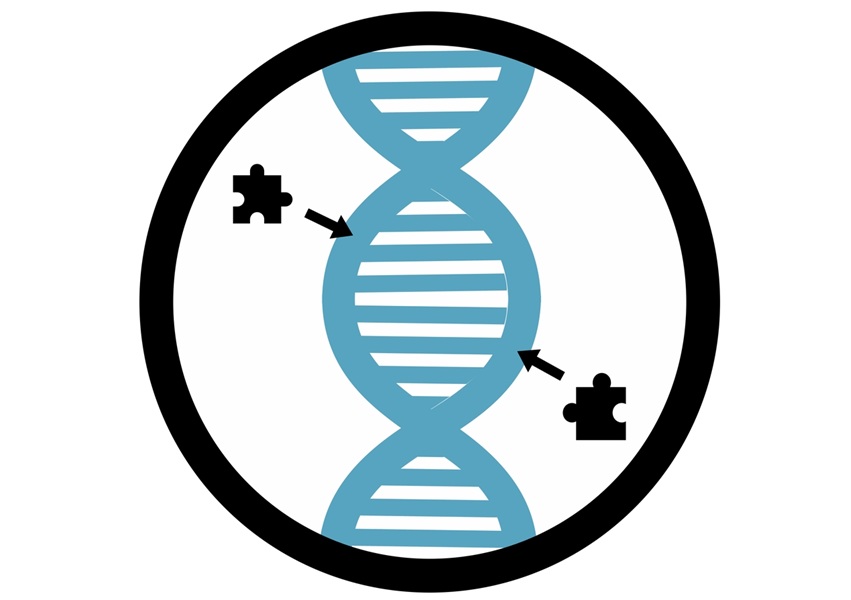Levels of Gene Variants Indicate Kidney Disease Risk
By LabMedica International staff writers
Posted on 11 Jun 2009
Three genes have been identified containing common mutations that are associated with altered kidney disease risk. This discovery could lead to development of a simple blood or urine test for the gene variants to determine risk for reduced kidney function and chronic kidney disease.Posted on 11 Jun 2009
Genome-wide association studies were performed on more than 20,000 people enrolled in four large population-based studies of cardiovascular disease risk factors: Atherosclerosis Risk in Communities (ARIC) Study, the Cardiovascular Health Study, the Framingham Heart Study, and the Rotterdam Study. The scientists further replicated their findings in another 20,000 participants.
Of more than 2,500,000 genetic variants that were evaluated for each study participant, the investigators found strong statistical evidence supporting three genes, UMOD (uromodulin), SHROOM3, and STC1 (stanniocalcin 1) as novel risk genes for reduced kidney function and chronic kidney disease.
One of the discovered genes, the UMOD gene, produces Tamm-Horsfall protein, the most common protein in the urine of healthy individuals. Although the Tamm-Horsfall protein has been known for almost 60 years, its functions are not well understood and its relationship to chronic kidney disease risk was not known previously.
"We have known for a long time that a higher level of proteins, such as albumin, which aren't usually present in urine, is a risk factor for kidney disease and its progression. The UMOD finding suggests that Tamm-Horsfall protein, which is thought to be a normal part of the urine, deserves attention since its genetic variation relates to risk. For all three genes, the findings are novel and suggest brand new areas for investigation including the need for developing methods to measure levels in urine or blood," said Josef Coresh, M.D., Ph.D., M.H.S., professor in the Johns Hopkins Bloomberg School of Public Health departments of epidemiology and biostatistics (Baltimore, MD, USA), and the senior Johns Hopkins author on the study.
The findings were published in the May 10, 2009 issue of the journal Nature Genetics.
More than 20 million adults in the United States alone have chronic kidney disease characterized by reduced kidney function or kidney damage. The progression of chronic kidney disease can lead to kidney failure and the need for dialysis or transplantation. In addition, chronic kidney disease increases the risk of cardiovascular diseases, mortality, and medication side effects.
Related Links:
Johns Hopkins Bloomberg School of Public Health













